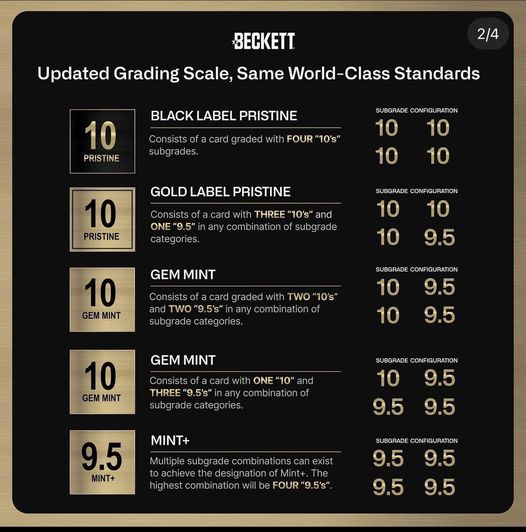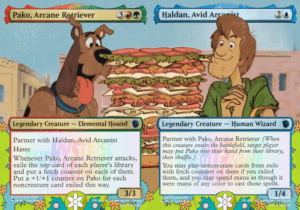Beckett Grading Services, a stalwart in sports card grading, is facing turbulent times amidst a backdrop of industry growth and an ownership scandal. The once-dominant grading company has seen a significant decline in its grading volume, with only 32,000 cards graded in November, marking a 32% drop from October and a staggering 43% decrease compared to the previous year. This downturn reflects a troubling trend for Beckett, which had experienced a more modest 13% decline year-over-year in August.
The challenges for Beckett have been further compounded by the legal woes of Greg Lindberg, the owner of Beckett’s parent company. Lindberg’s involvement in a $2 billion insurance fraud scheme has cast a shadow over Beckett, revealing financial instability within the company. Revelations of mismanagement, including a $100 million loan secured against Beckett Grading Services of which only $500,000 reportedly reached BGS, have raised concerns about the company’s future, with the specter of liquidation looming as Lindberg’s assets face scrutiny.
The unfolding scandal and financial uncertainties have eroded collector confidence in Beckett, intensifying the hurdles the company faces in maintaining its position in the competitive grading industry. While Beckett’s niche strength lies in its Black Label 10s and Pristine 10s, which command premiums in the collector market, this has not been sufficient to offset losses in high-volume grading.
Amid a thriving market for sports card grading, Beckett finds itself on the back foot, lagging behind competitors such as PSA, SGC, and CGC. PSA has seen a 12% year-over-year increase, SGC is steadily gaining with a 7% rise, and CGC Cards is booming with a 32% surge. Beckett’s fall to fourth place, behind CGC, signals its struggle to capitalize on industry growth. Despite its success in certain niches like high-end basketball cards and TCG grading, Beckett’s overarching decline in grading volume points to deeper systemic issues affecting its competitiveness.
Historically renowned for grading iconic cards like the 1952 Mickey Mantle and the 1989 Upper Deck Ken Griffey Jr., Beckett is witnessing a diminishing role in these marquee items, as indicated by GemRate’s Iconic Tracker. The company’s inability to maintain its stronghold in areas where it once excelled underscores its challenges in adapting to evolving market dynamics.
As Beckett Grading Services navigates legal entanglements, increasing competition, and a shifting market landscape, the road ahead appears fraught with uncertainties. While its reputation for premium grades in select niches remains intact, the overarching decline in grading volume raises questions about the company’s ability to stem the tide and reverse its fortunes in the face of mounting adversity. Collectors and industry observers are keenly monitoring Beckett’s next steps, wondering if the company can stage a comeback or if its decline is irreversible in the evolving sports card grading landscape.





